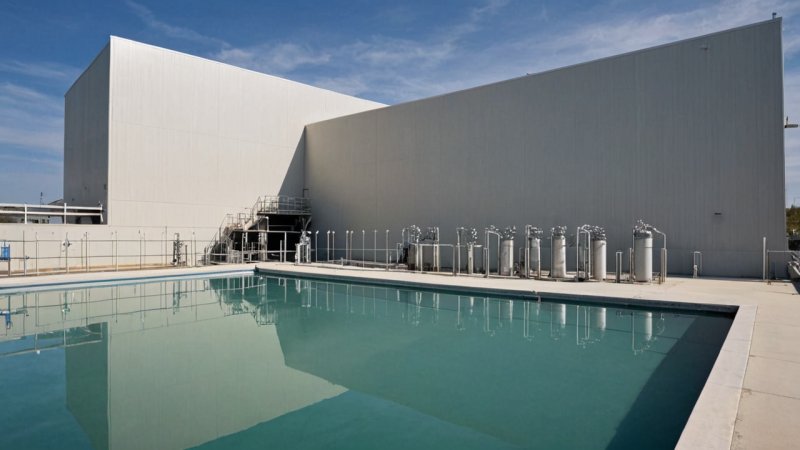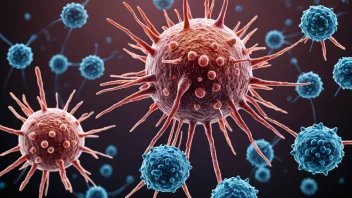What is water treatment engineering?
Water treatment engineering involves the design, construction, and operation of systems and processes that improve the quality of water to make it suitable for a specific end-use, such as drinking, irrigation, or industrial processes. Engineers in this field work to develop innovative techniques to treat contaminated water and ensure safe, clean water is available to communities.
Why is efficient water treatment important?
Efficient water treatment is vital for public health, environmental sustainability, and economic development. It helps prevent waterborne diseases, protects ecosystems, and reduces the costs associated with water supply and wastewater management. As populations grow and climate change impacts water availability, improving the efficiency of water treatment systems becomes increasingly critical.
What engineering advancements are being made in water treatment?
- Membrane Technology: Engineers are developing advanced membrane filtration systems that can remove contaminants at a molecular level, making processes faster and more effective.
- Biological Treatment Processes: Innovations in bioreactors and biofiltration are allowing for more efficient breakdown of organic materials in wastewater, utilizing natural processes to enhance treatment.
- Smart Water Technologies: The integration of IoT sensors and data analytics is enabling real-time monitoring and management of water treatment systems, improving response times and operational efficiency.
- Energy Recovery Systems: New technologies are being deployed to recover energy from wastewater treatment processes, reducing the overall energy consumption of treatment plants.
How do these advancements impact the environment?
These engineering advancements significantly reduce the environmental footprint of water treatment systems. By improving efficiency, they minimize energy usage, reduce greenhouse gas emissions, and decrease the volume of sludge produced. Additionally, effective treatment processes protect water bodies from pollution, supporting biodiversity and ecosystem health.
What role do engineers play in addressing water scarcity?
Engineers are at the forefront of developing sustainable water management solutions. They design systems that recycle and reuse water, implement rainwater harvesting technologies, and develop desalination processes to provide fresh water in arid regions. Their work is crucial in creating resilient infrastructure that can adapt to changing climate conditions and population demands.
Can you give an example of a successful water treatment project?
One notable example is the Orange County Water District's Groundwater Replenishment System in California. This project utilizes advanced water purification technologies, including microfiltration, reverse osmosis, and ultraviolet light disinfection, to treat wastewater and replenish groundwater supplies. It has successfully produced over 100 million gallons of safe, high-quality water per day, significantly enhancing local water security.
What challenges do engineers face in water treatment?
Engineers encounter several challenges in the field of water treatment, including:
- Funding and Investment: Securing adequate funding for infrastructure projects can be difficult, especially in regions with limited financial resources.
- Regulatory Compliance: Navigating complex regulations and standards can be a barrier to implementing innovative technologies.
- Public Perception: Overcoming skepticism about treated water quality and safety is essential for community acceptance of new treatment systems.
- Climate Change: Adapting to the impacts of climate change, such as altered precipitation patterns and extreme weather events, poses ongoing challenges for water treatment infrastructure.
How can the public support water treatment initiatives?
The public can support water treatment initiatives by advocating for sustainable water policies, participating in community water conservation programs, and staying informed about local water issues. Engaging in public discussions and supporting funding for innovative water treatment projects can also help ensure that communities have access to safe and reliable water resources.
Conclusion
Engineering plays a crucial role in enhancing the efficiency of water treatment systems, addressing the pressing challenges of water scarcity and environmental sustainability. Through innovative technologies and sustainable practices, engineers are paving the way for a future where clean water is accessible to all.






